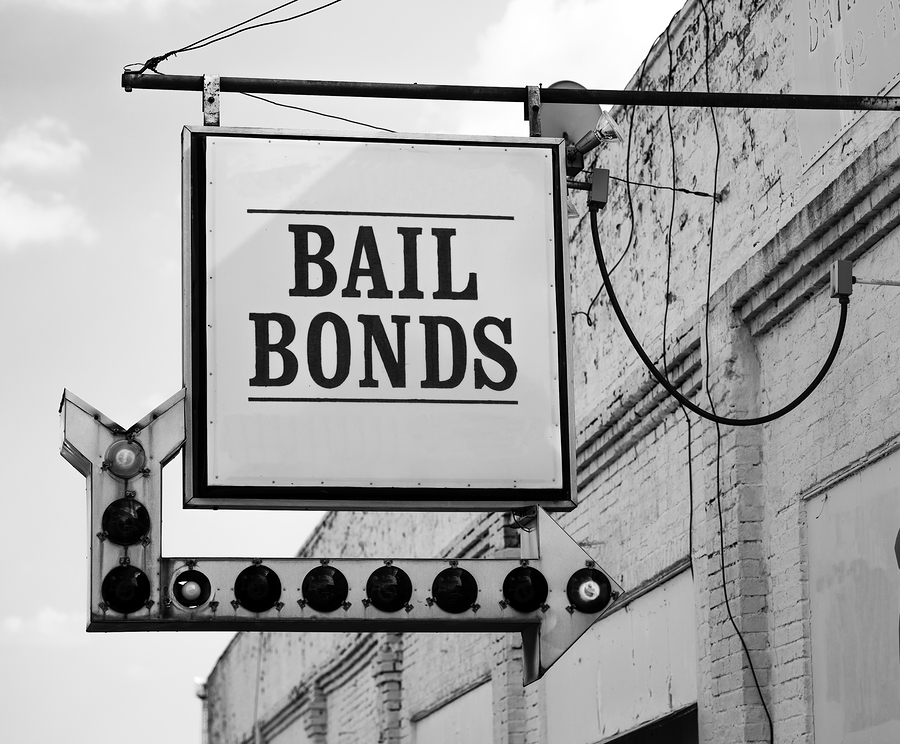No one likes to be in a situation where they or someone close to them needs to be bailed out of jail. But if you find yourself in such a position, it is important that you understand the process and what is involved with bail bond agreements. Bail bonds are an agreement between the court, the person being held in custody (the defendant), and a third party known as a bail bondsman. The purpose of these agreements is to ensure that the accused will appear at all future hearings related to their case.
In this blog post, we’ll discuss everything you need to know about bail bond agreements so that if you ever find yourself needing one, you can make an informed decision on how best to proceed.

The 101 on Bail Bond Agreements
When a defendant is arrested and the court sets bail, they can choose to post their bail to be released from jail. If they cannot afford to pay the full amount of bail, then they may opt for a bail bond agreement instead. In this case, the accused (or someone on their behalf) will enter into an agreement with a bondsman who will provide them with the funds necessary to cover the cost of their release in exchange for a fee, known as a “premium“.
Terms and Conditions for Bail Bond Contracts
The terms and conditions of each bail bond agreement vary depending on the state and local regulations in which it was signed. Generally speaking, however, these agreements require that the defendant appear at all scheduled hearings related to their case or risk forfeiture of the premium paid and/or the full amount of bail. Furthermore, the bondsman may also require a co-signer who is responsible for paying the bond if the defendant fails to appear in court.
Judicial System Guidelines and Restrictions
It’s important to remember that entering into a bail bond agreement does not mean that you are absolved of your charges or any legal responsibility related to them. The purpose of such an agreement is simply to secure release from jail while awaiting trial; it is not meant as a form of punishment or exoneration. For this reason, be sure to discuss all potential risks with your bail bondsman and carefully read through the details of any agreement before signing it.
Bail Bonds are a Great Option When You Need to Get Out of Jail
In conclusion, bail bond agreements are an important option for those seeking release from jail while they await trial. However, it is important to remember that these agreements come with certain obligations and risks that must be carefully considered before entering into them. Be sure to discuss the details of any agreement with your lawyer before signing and take extra care to ensure that you fully understand all terms and conditions associated with it. By understanding what goes into bail bond agreements, you can make an informed decision when faced with this situation. This knowledge could potentially save you time, money, and hassle in the long run.
How to Obtain a Bail Bond for Yourself or a Loved One
If you or a loved one has been arrested, obtaining a bail bond can be a crucial step in being released from jail before the trial. The first step in obtaining a bail bond is to locate a reputable bail bondsman near the jail where the defendant is being held. Usually, a bail bondsman will charge a percentage of the total bail amount as their fee for providing the bail bond.
Once you have found a reliable bail bondsman, you will need to provide them with some basic information about the defendant and the case. If everything checks out, the bail bondsman will post the bail bond on behalf of the defendant, allowing them to be released from jail.
It’s important to remember that the bail bond is a legal agreement and failure to comply with its terms can result in significant consequences. Overall, obtaining a bail bond can be a complex process, but with the help of a trusted bail bondsman, it can be much easier to navigate.
Are you ready to get a friend, co-worker, or loved one out of jail in Indy? Contact Woods Bail Bonds at 317-876-9600 for speedy and secure bail bond services in Indianapolis, Indiana. We offer prearranged bail bond service for arrest warrants and probation violations, too.
Related Posts:
Explaining the Process of Posting a Bond for Someone Else
Navigating the Legalities and Logistics of Obtaining a Bail Bond
The Benefits of Using a Bail Bond to Get Out of Jail



